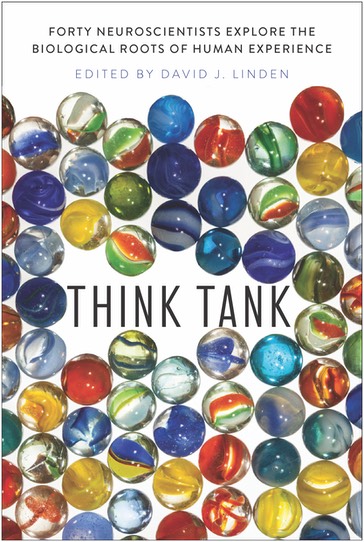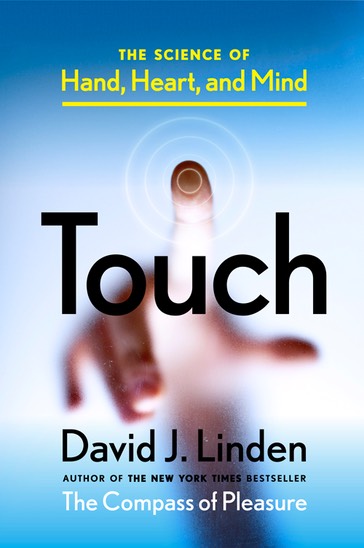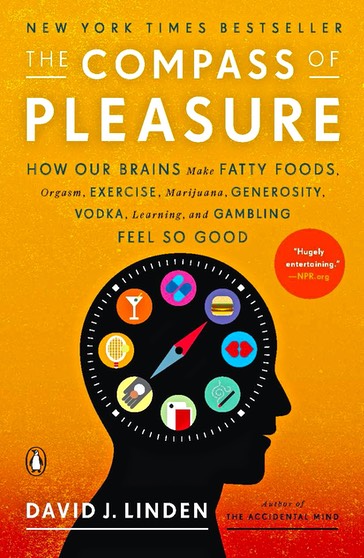Winning money from gambling activated the brain’s pleasure circuits. While money is not an intrinsic, evolutionarily salient reward in the same way that food, water, and sex are, one could argue that it has come to represent the possibility of intrinsic rewards, and so activation of the pleasure circuit by money is not strictly arbitrary. This begs the question: Can the human pleasure circuit be activated by stimuli that are entirely arbitrary? Video games could be a good test case for this question, as they may not provide an intrinsic reward.
Allan Reiss and his coworkers at Stanford University performed brain scanning on subjects playing a simple video game. The subjects were eleven male and eleven female Stanford students, selected to have similar, moderate previous experience with video games and computers generally. The video game involved a screen with a vertical dividing line and leftward-moving balls on the right-hand side, which the player could click to remove. When a ball hit the divider, it caused the divider to move slightly leftward, reducing the player’s “territory” on the left-hand side of the screen. Conversely, for each second that the area near the divider was kept clear of balls, it would move rightward, gaining territory for the player. The only instruction given was, “Click on as many balls as possible.” All players soon deduced the point of the game and adopted a click strategy to increase territory.
In all subjects, game play activated a large number of brain regions, including those associated with visual processing, visuospatial attention, motor function, and sensorimotor integration. While these are not surprising results for this task, what was interesting was that key regions of the medial forebrain pleasure circuit were also activated, including the nucleus accumbens, as well as the amygdala, and the orbitofrontal cortex. While both men and women showed activation in these regions during game trials, the effect was significantly stronger in men.
The most provocative aspect of these results is the general finding: Video game play, a completely unnatural behavior divorced from intrinsic reward, activated the pleasure circuit to some degree in all subjects. Perhaps video games tap into some very general pleasure related to agency, and goal fulfillment. It’s also likely that many video games offer a very highly effective reward schedule: Just like puffing cigarettes, the pleasurable moments they provide are brief, but they have rapid onset and are repeated often.
The increased level of activation in men is also interesting, but somewhat harder to interpret. Is there something general about video games that makes them more pleasurable for men? Or is there something about “gaining territory” in a video game that is particularly male-focused? My own suspicion is that the answer lies in the particular details of the game: If they repeated this study with a combined pattern-recognition and reflex game like Tetris, the gender difference would likely disappear.
An earlier study using a different form of brain scanning (positron emission tomography, or PET) revealed increased dopamine release in subjects playing a tank-driving video game. Furthermore, those subjects who scored highest in the game had the largest dopamine-release signals in the dorsal striatum and nucleus accumbens. While this study is consistent with others demonstrating dopamine pleasure circuit activation in video games, it is complicated by the fact that the subjects were paid (eight UK pounds) for each video game level they completed successfully—thus conflating monetary reward and game play.
If video games can activate the dopamine pleasure circuit, does that mean that one can become addicted to them? The answer seems to be a weak, qualified yes. There is already a burgeoning industry, complete with standardized questionnaires and dubious therapies, that claims to aid in the treatment of video game addiction and Internet addiction. However, media accounts have overstated both the extent of the problem and its severity. The best indications are that most compulsive video game players recover without intervention.



